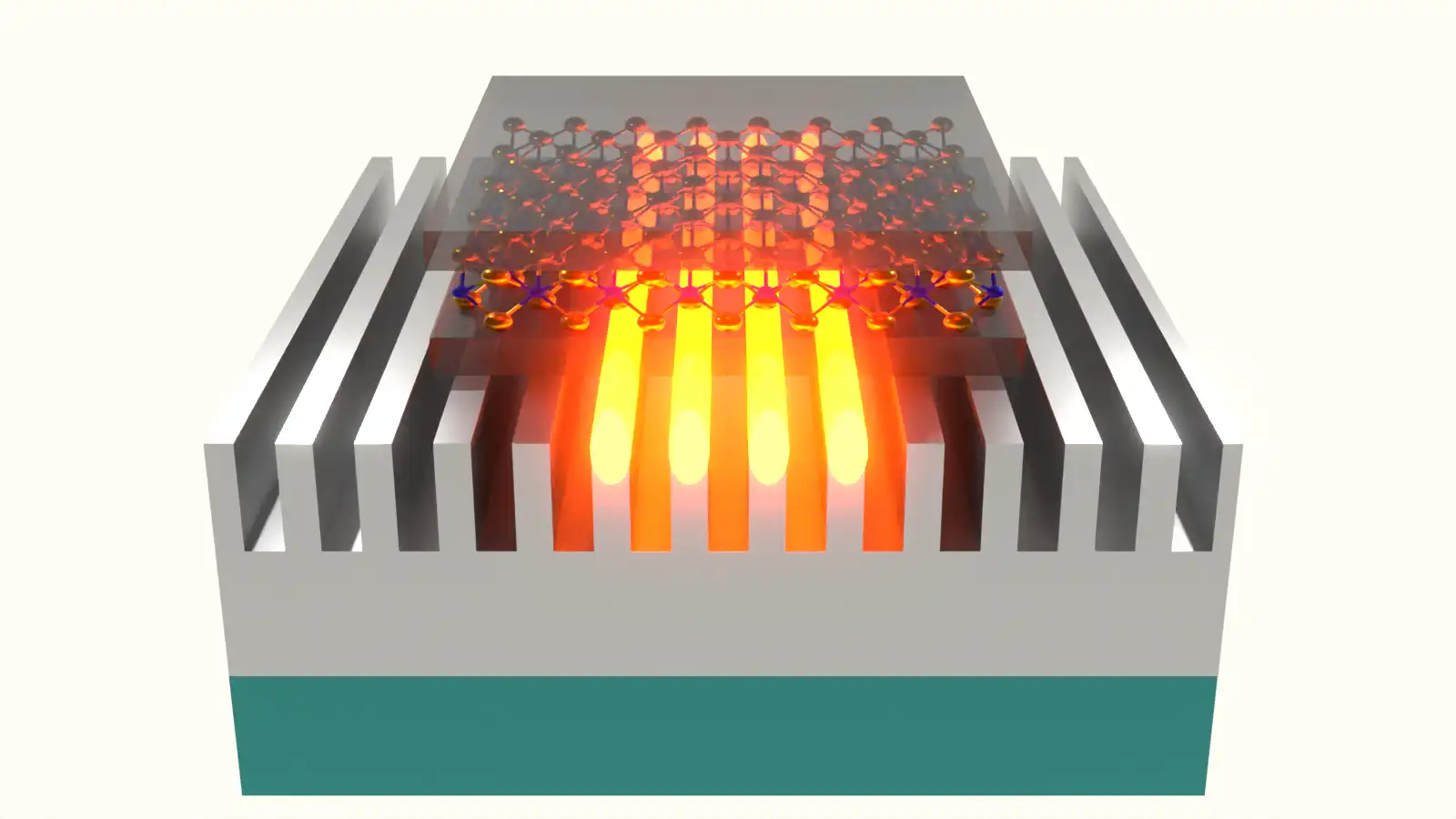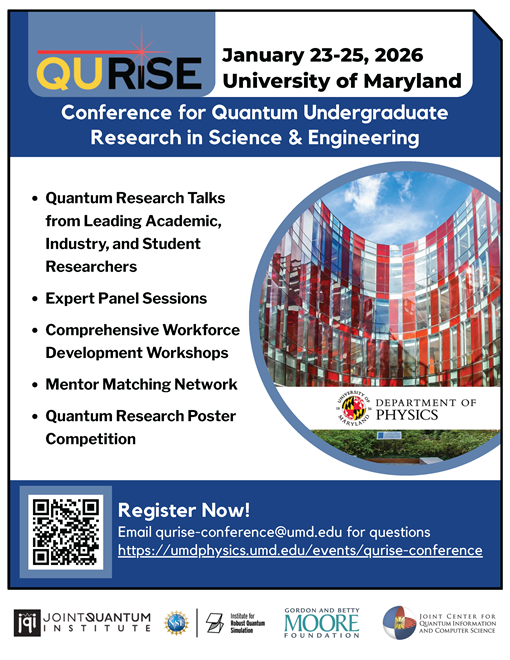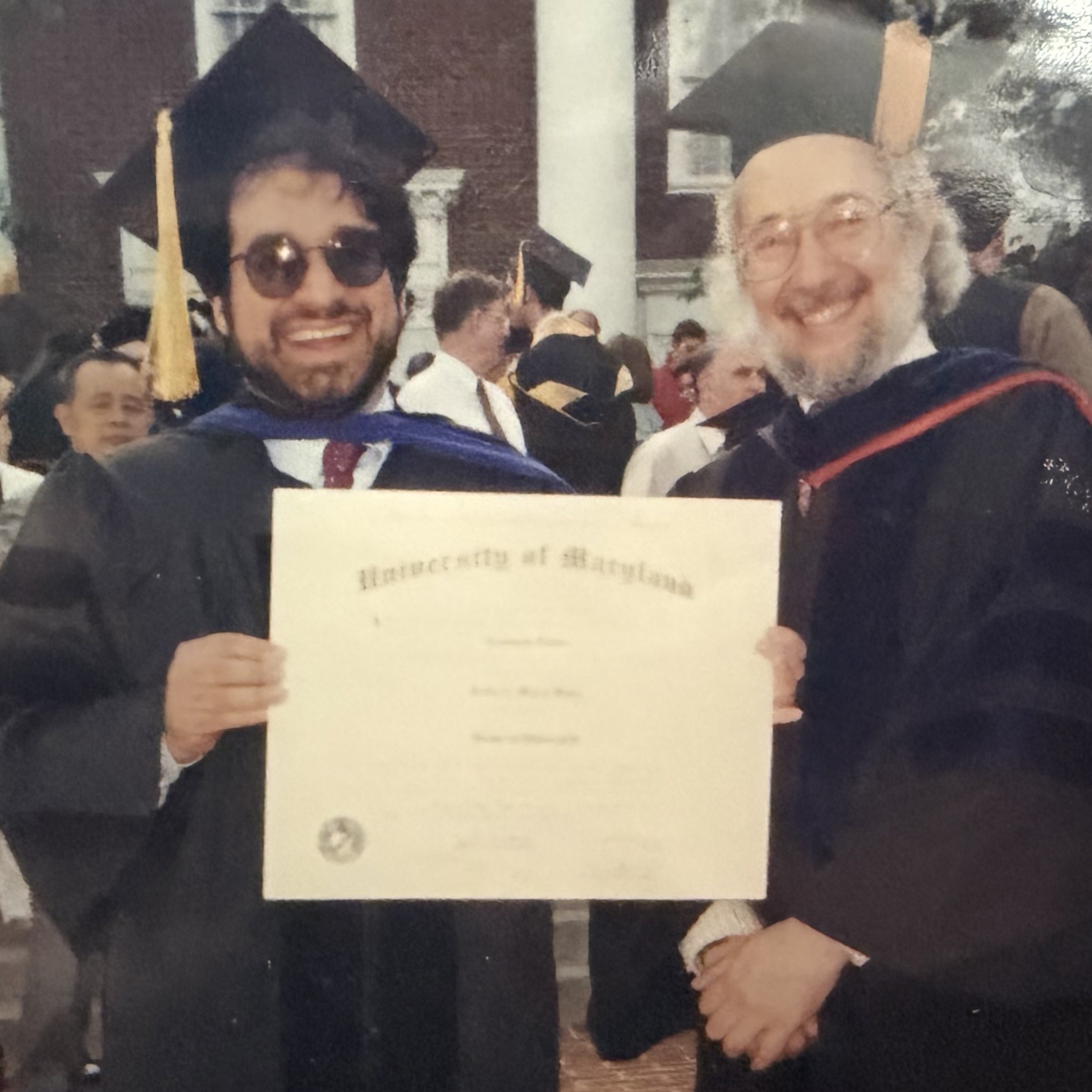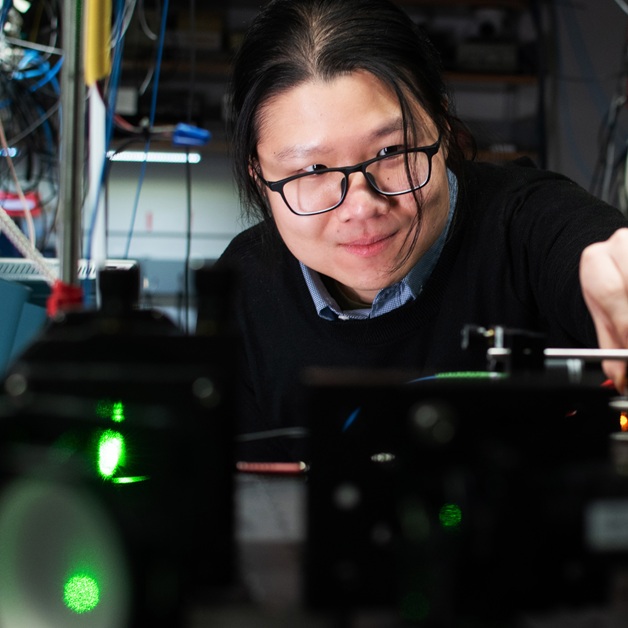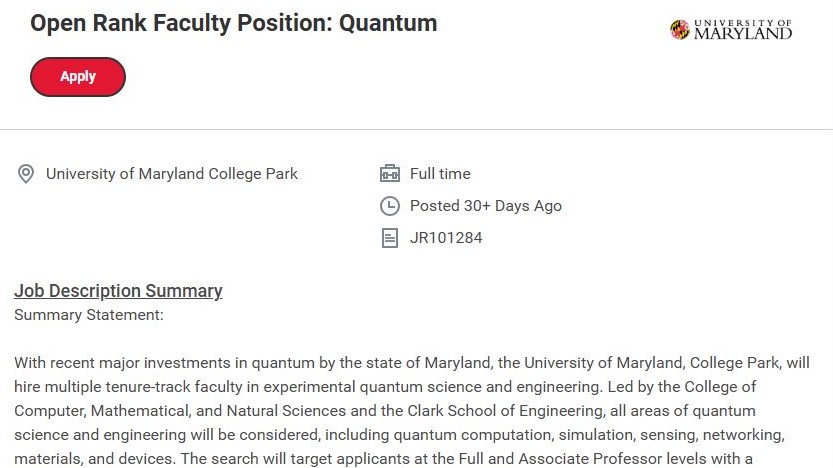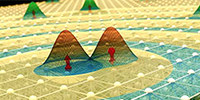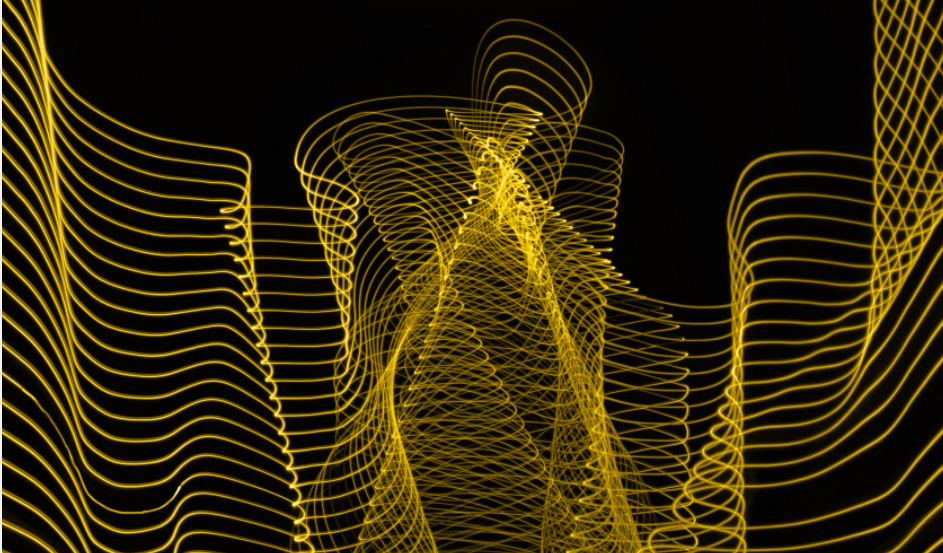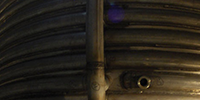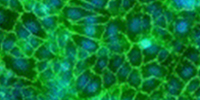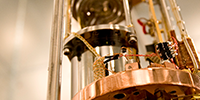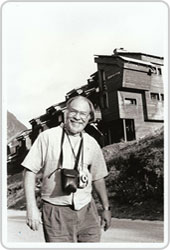 Prof. Richard E. Prange, a superb condensed matter theorist and great friend to many of us, died suddenly on Wednesday afternoon, Sept. 24, of an apparent heart attack. This is a great loss to our community, where Prof. Prange spent virtually his whole professorial career; he joined the department in 1961.
Prof. Richard E. Prange, a superb condensed matter theorist and great friend to many of us, died suddenly on Wednesday afternoon, Sept. 24, of an apparent heart attack. This is a great loss to our community, where Prof. Prange spent virtually his whole professorial career; he joined the department in 1961.
On September 23--his 76th birthday--he attended the physics colloquium; afterward he and Sankar Das Sarma had a vigorous discussion about that day's topic, the physics of graphene. Richard was his usual incisive self.
On Wednesday morning, he left Washington to drive to Philadelphia where his wife, Prof. Madeleine Joullié, is a Professor of Chemistry at the University of Pennsylvania. They maintained homes in both cities. En route, he stopped for an errand at a store in suburban Philadelphia. While at the store, he collapsed, and efforts to revive him were not successful.
Richard Prange loved the Department of Physics passionately, and was instrumental in its growth and strength during the past five decades. His cross-disciplinary intellectual breadth was a key to UMD physics becoming a top department in all areas of physics. His generosity and unfailing support were inspiring.
The Department hosted a memorial Tuesday, November 18, at 3:00p.m. in the West Chapel.
For more information please contact Anne Suplee at 301-405-5944 or This email address is being protected from spambots. You need JavaScript enabled to view it..
Condolences may be sent to Dr. M.Joullié, Department of Chemistry, University of Pennsylvania, 231 South 34th Street, Philadelphia, PA 19104-6323 or This email address is being protected from spambots. You need JavaScript enabled to view it..
Plans are being formulated for a lasting tribute in Richard's memory, perhaps a fellowship or scholarship or some other means to support the department that he loved (and its students). Donations may be sent to the Physics Department, with checks made out to the University of Maryland College Park Foundation and designated for the “Department of Physics/in memory of Dr. Richard Prange". For inquiries, please contact the chair's office, 301-405-5946 or This email address is being protected from spambots. You need JavaScript enabled to view it..



